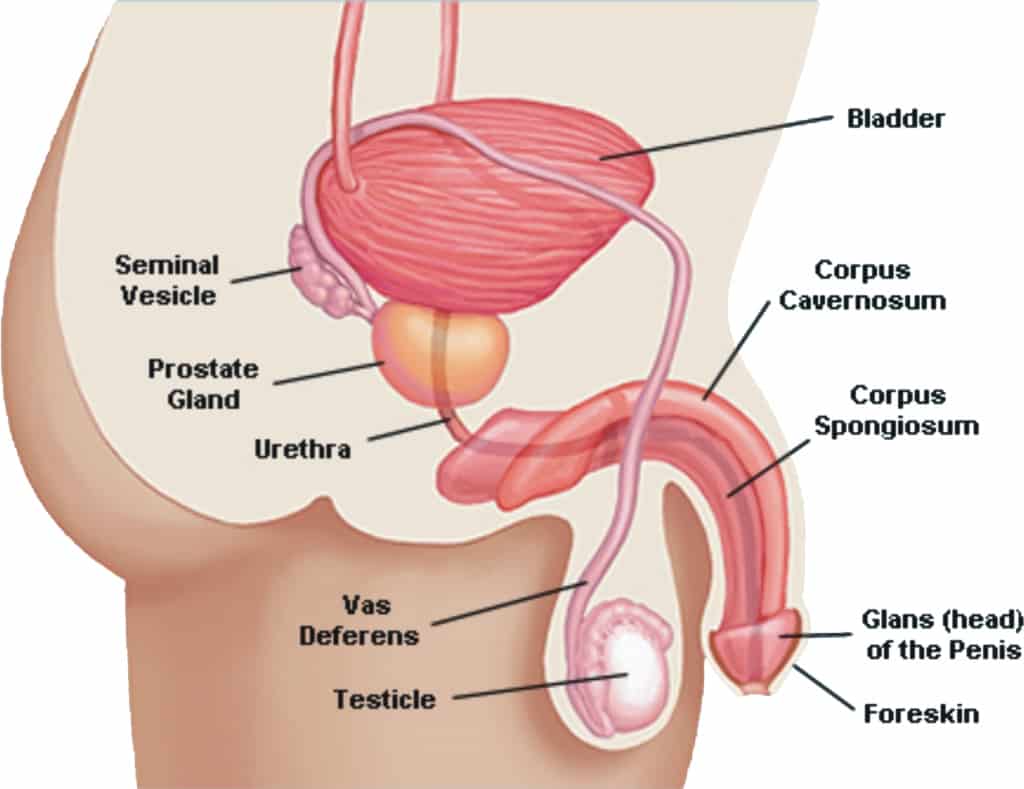
Erectile dysfunction (ED) is common. ED affects about 52% of men between the ages of 40 and 70, which is 30 million men in the United States. Estimates of the prevalence of ED have differed among studies and regions. Among men with comorbid conditions such as cardiovascular disease and diabetes the prevalence rate has been reported to be as high as 100% for men over 70.
A recent study says that the majority of cases are caused by conditions that affect blood flow to the penis, such as arteriosclerosis and diabetes. This can be an early warning that the man in question may have some early disease in other blood vessels in other parts of his body. Researchers believe that since men with ED could develop heart attacks and strokes, it would be prudent to investigate men with ED. We had ourselves put forward an article in 2003 in
The Journal of Gender Specific Medicine entitled “The interlinked depression, erectile dysfunction, and coronary heart disease syndrome in older men: a triad often underdiagnosed”. The term DEC syndrome (Depression, Erectile Dysfunction and Coronary Hear Disease) is used to refer to this triad of conditions, so when a patient presents with one component, the physician should also screen for the other two. Doctors should ask their patients about erectile dysfunction because it may be an early sign of blood vessel disease in men without other known risk factors. More study is needed to determine if these same men are likely to develop heart disease.
Erectile dysfunction can exist alone but is often associated with many co morbid medical conditions.
Studies have shown that patients with ED are often hypertensive and consequently have a higher prevalence of cardiovascular complications. The root cause may be a combination of arteriosclerosis (changes in the arteries), neurochemical imbalance (changes in brain chemistry), and hypogonadism (a reduction or absence in the hormone secretions from the sex glands). All occur as men age. Some researchers believe that testosterone provides cardiovascular protection for males, thus a complex relationship exists between depression and CHD. The Normative Aging Study, which included 1,305 older men, demonstrated that depression is not only positively associated with CHD, it also is an independent risk factor for developing it.
Sexual dysfunction and dissatisfaction with sexual life are common in both male and female stroke patients and in their spouses. Psychological and social factors seem to exert a strong impact on sexual functioning and the quality of sexual life after stroke. Studies suggest that the majority of the stroke patients reported a marked decline in all the measured sexual functions, i.e. libido, coital frequency, erectile and orgasmic ability, and vaginal lubrication, as well as in their sexual satisfaction. On the other hand, it has been shown in animal studies that a phosphodiesterase inhibitor such as sildenafil increases brain levels of cGMP, evokes neurogenesis, and reduces neurological deficits when given to rats 2 or 24 hours after a stroke or heart attack. Preliminary data suggest that drugs for treatment of sexual dysfunction may have a role in promoting recovery from stroke.
ED can also have a significant negative impact on psychological well-being and quality of life.
Despite these often difficult sequelae of ED, many of those who self-report a history of ED do not seek treatment. Embarrassment has been found to be a factor in not seeking medical treatment for ED. The Men’s Attitudes on Life Events and Sexuality (MALES) Phase II study found that 31% of those who had not sought treatment cited embarrassment as a reason. We had done a study on this in the past and reported our findings in the International Journal of Impotence Research 2007 Sep-Oct; entitled “Preference for gender of health care provider in management of erectile dysfunction”.
At the Opal Medical Clinic in Houston, we not only diagnose the cause of your ED, but will help determine the link to other medical conditions such as high blood pressure, diabetes and hyperlipidemia. We do not only ED treatment in Houston, but will set up a plan for you to improve your overall health and reduce your risk factors for heart attack and strokes after the diagnosis. If you need more information, please call us at (713) 401 93 96 or visit our web page at www.opalmedical.com


Thanks for sharing such great information. It is very informative and provides knowledge of
Erectile dysfunction.i will try visit your clinic for Erectile dysfunction treatment